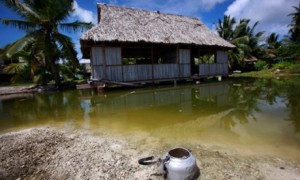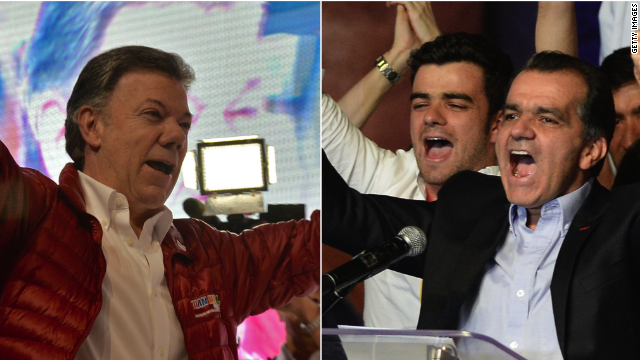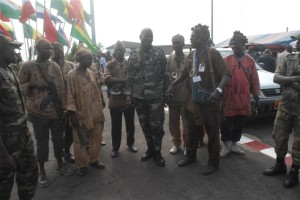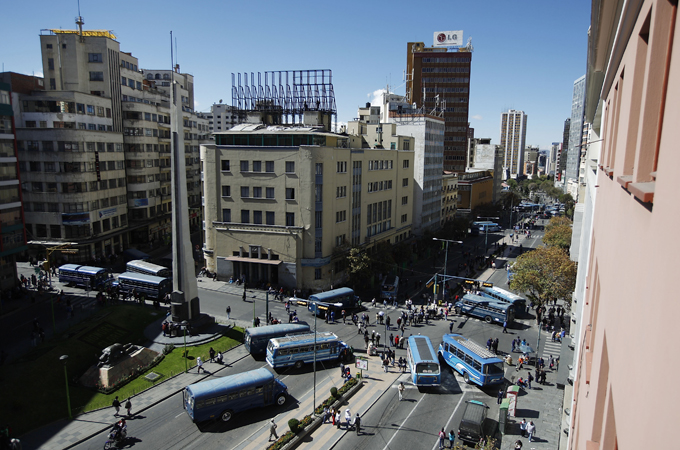by Max Bartels
Impunity Watch Reporter, Oceania
Wellington, New Zealand
A Man from the small Pacific islands of Kiribati applied as a “climate refugee” in New Zealand. Mr. Teitiota is the first to apply for such a refugee status. A New Zealand Judge dismissed Mr. Teitiota case and denied him and his family refugee status. This ruling was appealed the New Zealand Court of Appeals upheld the decision of the lower court. Mr. Teitiota and his family have been living illegally in New Zealand for the past seven years, after his initial visa exprired he applied for refugee status. Since Mr. Teitiota’s case and appeal have failed in the New Zealand courts, he and his family are to be deported back to Kiribati. Mr. Teitiota is married with three children, all three children were born in New Zealand; however, New Zealand does not recognize the offspring of illegal immigrants born in the country as citizens.

(Photo Curtesy of The Guardian)
The New Zealand court held that under international law Mr. Teitiota does not qualify as a refugee. The UN Refugee Convention of 1951 states that a refugee must fear persecution if they returned home, the courts determined that this is a criterion that Mr. Teitiota does not meet. The court went on to say that if refugee status were granted, the floodgates would open for all medium-term environmental deprivation or damage refugees, which would create an influx of refugees. The court further said that Mr. Teitiota and his family would be able to resume their prior subsistence life with dignity in Kiribati.
The islands of Kiribati are quickly being swallowed by the Pacific Ocean. Projections show that the Island will cease to exist by the end of this century. However, the island will become uninhabitable even earlier due to the rise in the rise in the sea-level combined with a more severe storm cycle that will contaminate the water table and with it all the agricultural land. The main atoll, Tarawa is six square miles in total, crammed into this space are 50,000 islanders and that space is quickly shrinking.
The President of Kiribati is exploring options for a mass migration and the Kiribati government hoped that the case in New Zealand would give them that option. Other options the government is pursuing include the purchase of land in Fiji as a possible resettlement option. The government has also explored the option of building a man made island to resettle the population. In total there are over 100,000 people in Kiribati that will eventually be displaced by the rising sea level. With any option the government pursues it will be difficult to relocate such as large group of people.
For more Information, please see:
The Guardian — New Zealand Refuses Climate Change Refugees- Mass Action is Now Needed — 12 May 2014
The New Zealand Herald — World’s First Climate Change Refugee has Appeal Rejected — 13 May 2014


